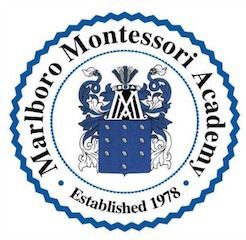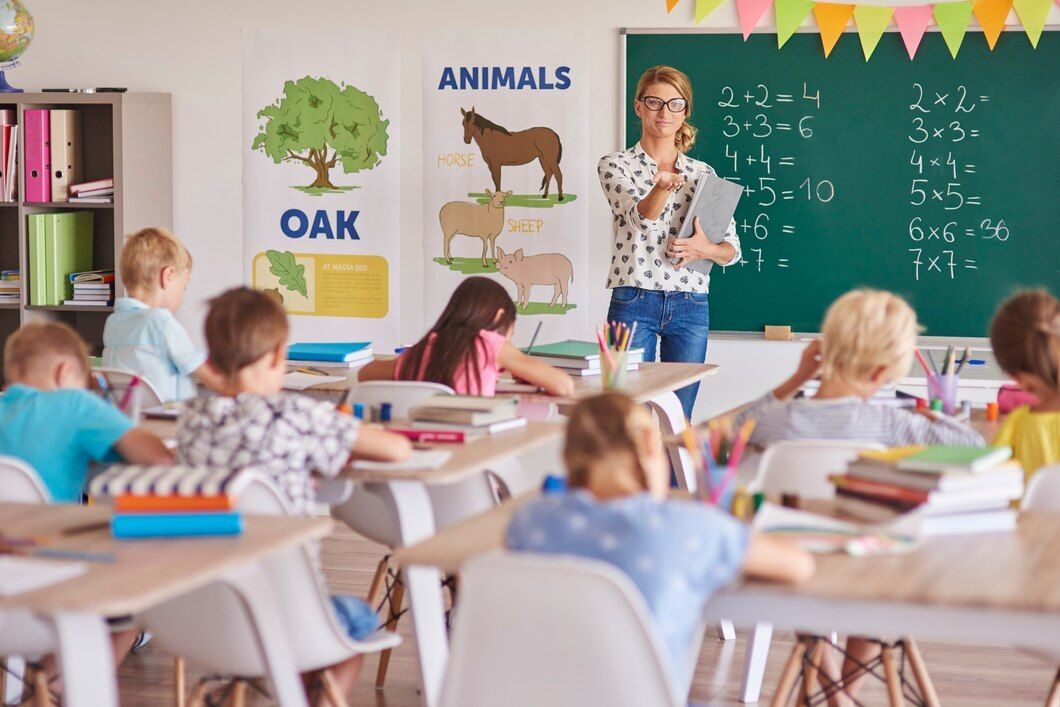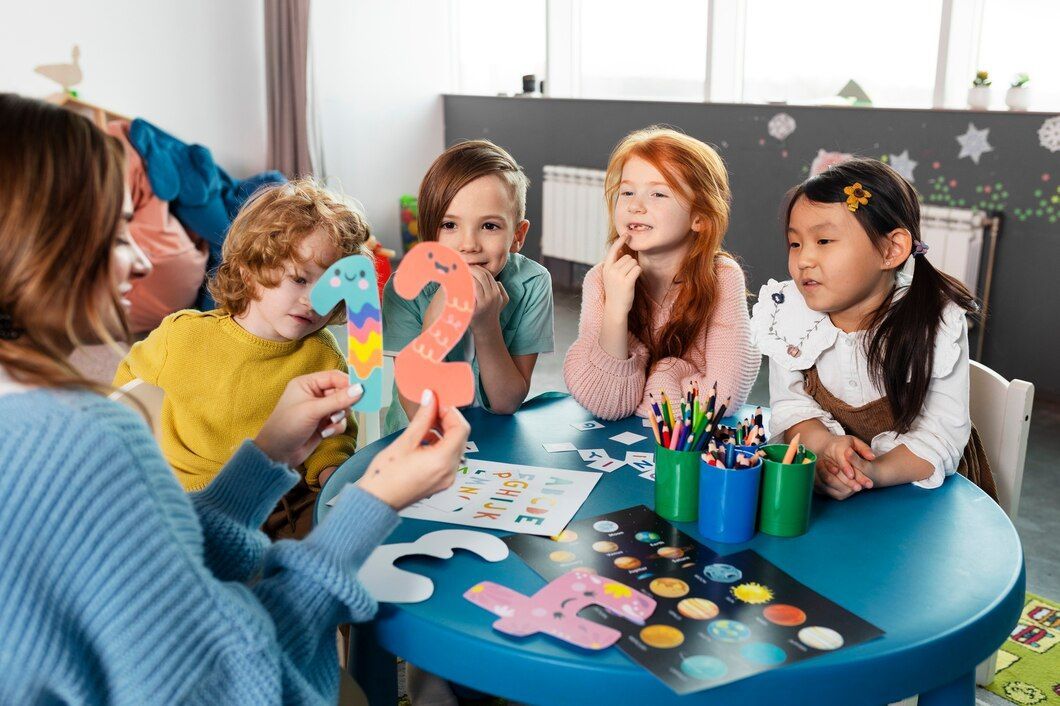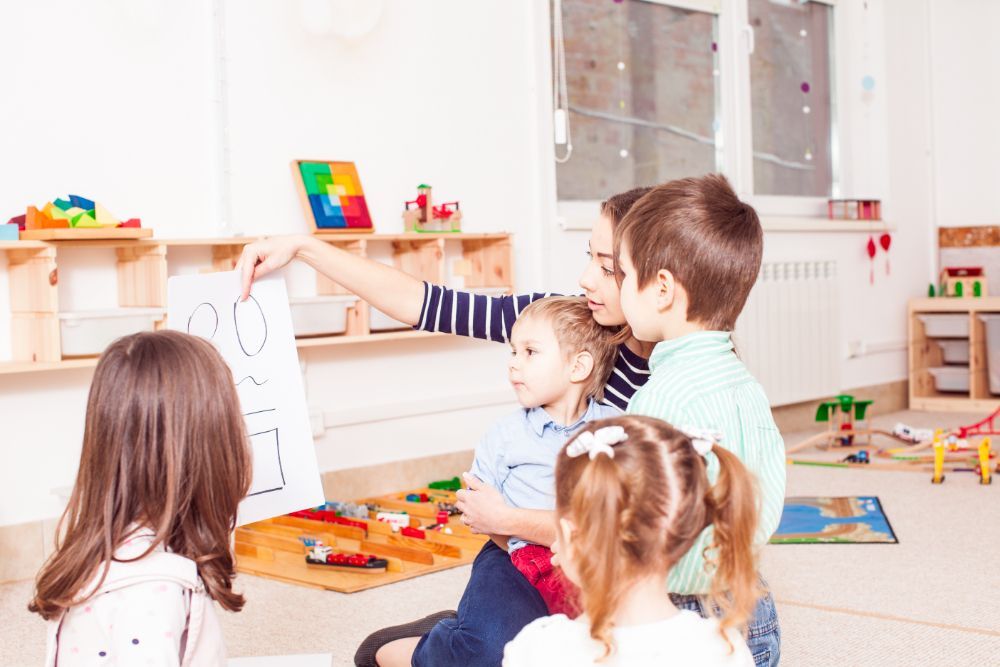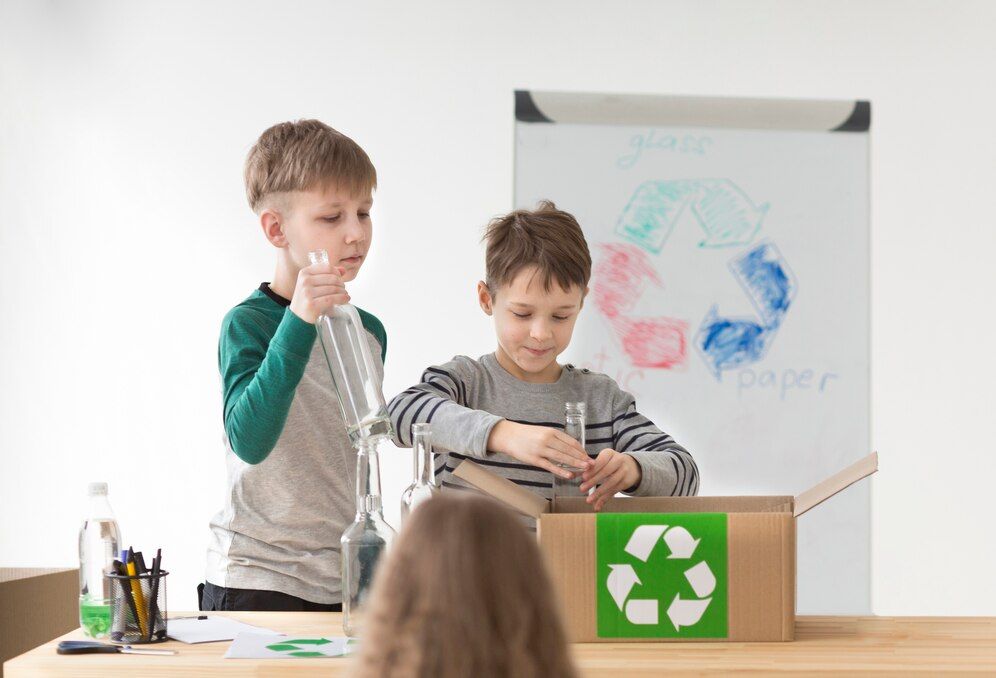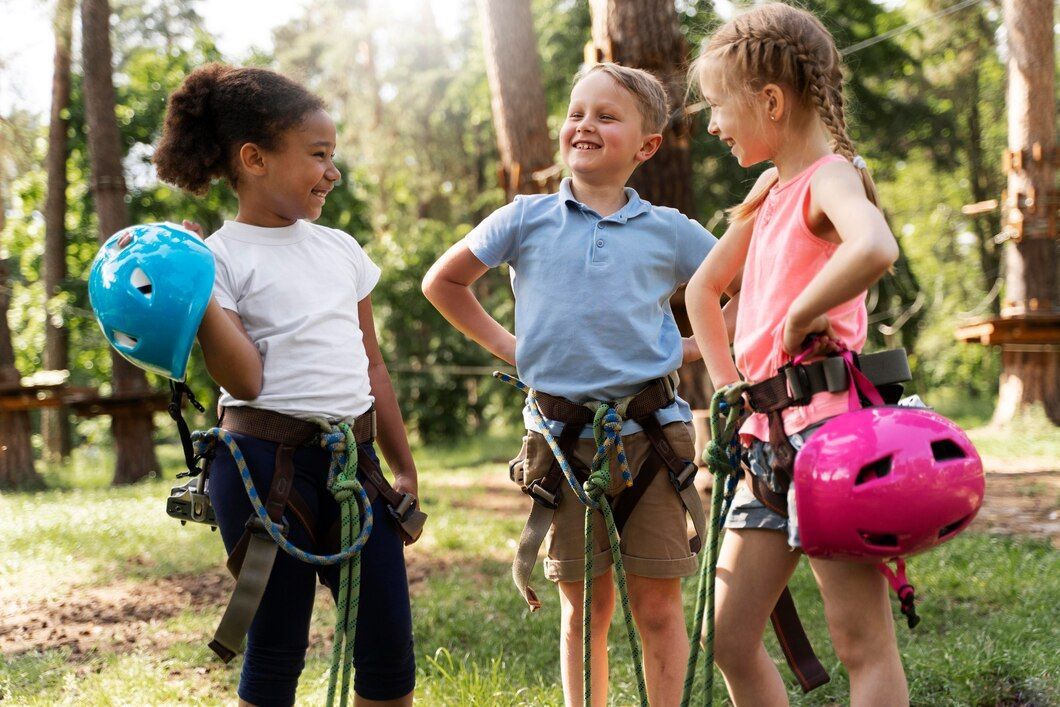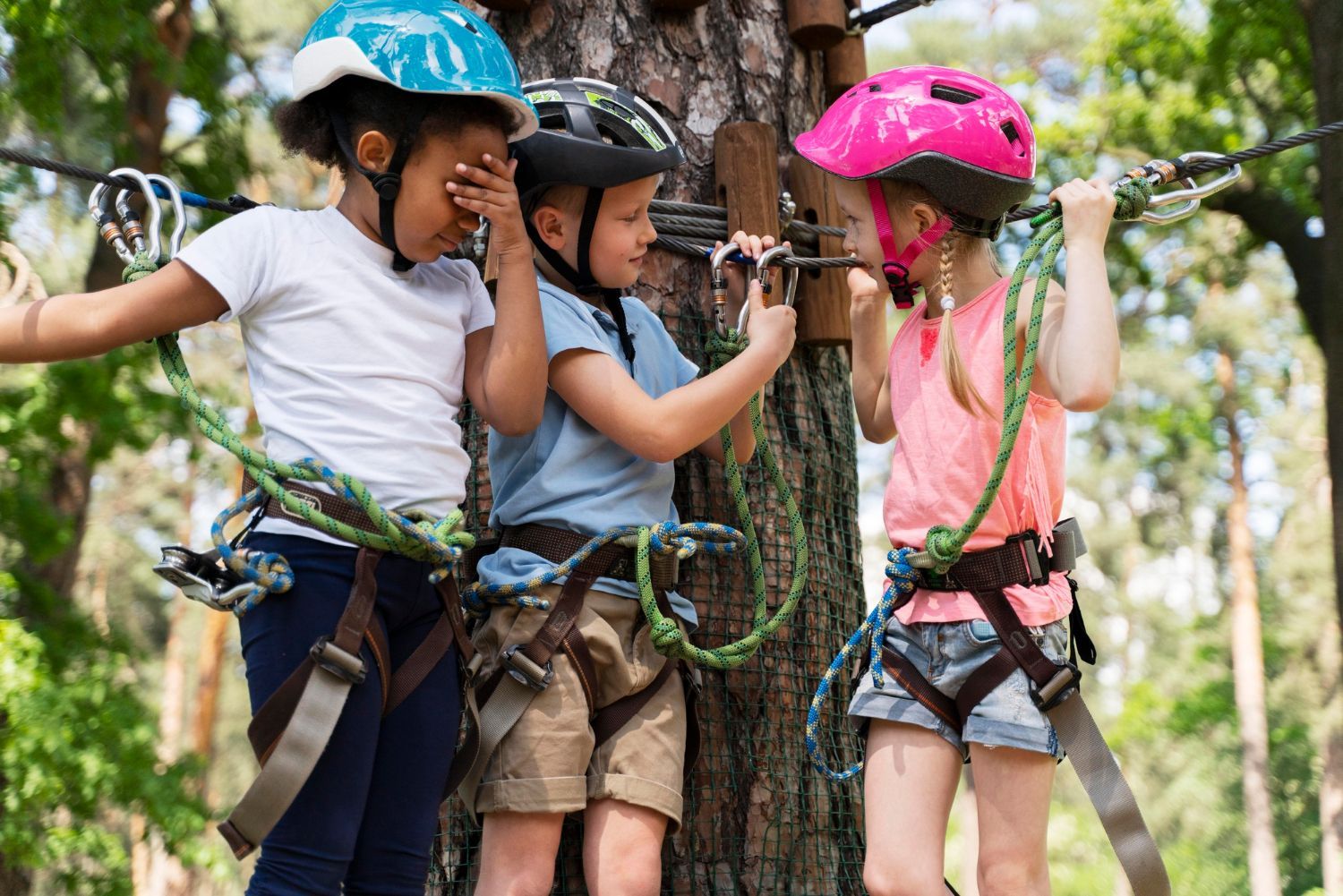732-946-1665
257 Highway 79, Morganville, New Jersey
Cultivating Self-Discipline and Personal Responsibility with Montessori Education
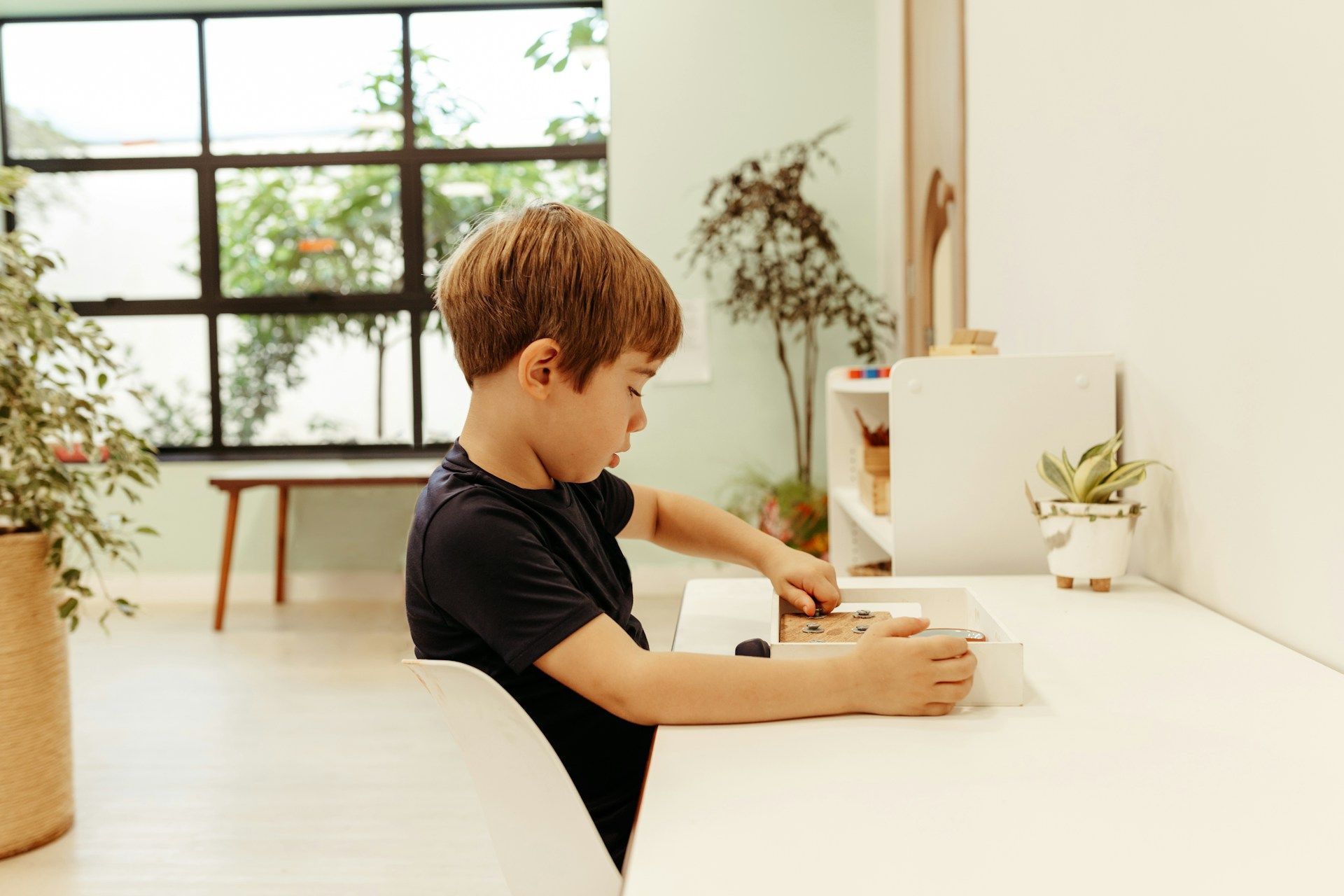
In today's fast-paced and ever-evolving world, it is essential to equip children with the skills and values necessary to navigate life's complexities and take ownership of their decisions. One of the key tenets of Montessori education is promoting self-discipline and personal responsibility in children, preparing them for a successful future both inside and outside of the classroom. Montessori schools, like Marlboro Montessori Academy, implement teaching methods that develop intrinsic motivation, self-regulation, and a strong sense of personal responsibility in toddlers, preschoolers, kindergarteners, and elementary students.
Maria Montessori believed that self-discipline and personal responsibility are not qualities that can be imposed upon children but rather inherently present within them, awaiting the right environment and guidance to be nurtured and developed. The Montessori Method empowers children to engage in self-directed learning, appreciate the importance of effort and perseverance, and understand the consequences of their actions, leading to greater autonomy, self-discipline, and personal responsibility.
In this blog post, we will explore the various strategies employed by Montessori schools, like Marlboro Montessori Academy, in promoting self-discipline and personal responsibility in children. Discover the fundamental components of the Montessori classroom environment, teaching methods, and philosophy that unlock children's potential for self-discipline, responsibility, and success in all aspects of life.
Equip your child with a solid foundation in self-discipline and personal responsibility by embracing the Montessori Method, fostering their growth as confident, self-motivated, and responsible individuals who are ready to face the world with determination and resilience.
The Montessori Classroom Environment: Encouraging Self-Discipline
The Montessori classroom environment plays an essential role in nurturing self-discipline and personal responsibility in young learners. Thoughtfully designed to support independence, self-direction, and self-regulation, Montessori classrooms offer a carefully structured environment where children have the freedom to explore, learn, and grow at their own pace. The main elements of a Montessori classroom that promote self-discipline include:
1. Accessible Learning Materials: Montessori classrooms feature low shelves with a variety of hands-on, age-appropriate materials that foster curiosity, active engagement and self-directed learning. Children are encouraged to explore materials independently, cultivating their decision-making skills and self-regulation.
2. Order and Consistency: Montessori classrooms are organized, orderly, and inviting environments, with clearly-defined areas for different subjects. This structure supports children in developing focused attention, concentration, and a sense of routine, which in turn promotes self-discipline.
3. Mixed-Age Classrooms: Montessori schools group children in mixed-age classrooms, allowing students to learn from one another, collaborate, and develop leadership skills. Younger children observe and imitate older peers, while older children develop self-discipline and responsibility by mentoring the younger ones.
The Montessori Approach to Promoting Personal Responsibility
Montessori educators employ various methodologies and principles to develop a sense of personal responsibility in children. By fostering independence, goal-setting, and time management skills, Montessori education sets the stage for lifelong success, as personal responsibility is integral to facing challenges and achieving goals. Key Montessori approaches to promoting personal responsibility include:
1. Individualized Learning Plans: Montessori teachers create personalized learning plans for each student, allowing children to work on tasks that match their interests and abilities. By setting their own goals and working independently, children develop a sense of accountability for their progress and learning outcomes.
2. Time Management: Montessori education emphasizes the importance of time management and effective work habits. Children are given a set amount of time to work on self-chosen tasks and are encouraged to prioritize and organize their work, building essential skills for personal and professional success.
3. Encouraging Accountability: Montessori educators hold children accountable for their actions and decisions, teaching them to recognize the consequences of their choices and encouraging them to take responsibility for their mistakes. This approach empowers children to develop a strong sense of responsibility for their learning and behavior.
Developing Intrinsic Motivation and Self-Regulation
Intrinsic motivation, or the drive to engage in activities for their inherent satisfaction, is a key factor in Montessori education's success in cultivating self-discipline and personal responsibility. The Montessori Method fosters intrinsic motivation in children by offering a learning environment and practices that encourage self-direction, challenge, and active engagement.
Montessori schools like Marlboro Montessori Academy prioritize the development of self-regulation, or the ability to manage emotions, behavior, and impulses in accordance with one's goals. By cultivating self-regulation, children become more adept at self-discipline, as they learn to balance their desires, emotions, and actions in pursuit of long-term goals.
The Role of Montessori Educators in Supporting Self-Discipline and Personal Responsibility
Montessori teachers play a crucial role in supporting their students' journey to develop self-discipline and personal responsibility. Rather than acting as traditional instructors, Montessori educators serve as skilled guides and observers, providing individualized support and allowing children to take ownership of their learning experience.
With a keen understanding of each child's unique development, Montessori teachers offer guidance, materials, and activities that inspire, challenge, and support children in their quest for knowledge. They act as role models, encouraging self-discipline, responsibility, and respect for oneself and others.
Fostering Self-Discipline and Personal Responsibility with Montessori Education
The Montessori Method provides a powerful, nurturing foundation for developing self-discipline and personal responsibility in children. By offering an environment and teaching approach that encourages independence, intrinsic motivation, and self-regulation, a Montessori preschool like Marlboro Montessori Academy prepares young learners for a lifetime of academic, emotional, and social success.
Invest in your child's future and forge a path of self-discipline, personal responsibility, and resilience that will serve them as they navigate an ever-evolving world. Embrace the Montessori Method – a transformative educational approach that empowers children to take ownership of their learning, and, ultimately, their lives.
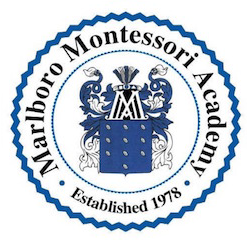
Navigation
Contact Info
Phone Number: 732-946-8887
CAMP: 732-946-2267
Fax Number: 732-946-1665
GPS Address
257 Highway 79
Morganville, NJ 07751
Mailing Address
P.O. Box 272
Wickatunk, NJ 07765
All Rights Reserved
All Rights Reserved | Marlboro Montessori Academy
Marlboro Montessori Academy
Website designed by: NJ Local Marketing
